In 2018 we met a Landlord called Mr W. He was in his 70s and after being a successful landlord for many years he suddenly faced a Section 24 problem i.e. the loss of mortgage interest as an allowable expense. Mr W was seriously considering selling some of his properties to reduce his tax burden, but he was not sure if it was the right thing to do.
He looked at his options: –
1) Hold
Mr W could decide to hold on to his properties. He worked out the tax implications of Section 24 and did an affordability test of his tax bill for the next 3 years.
2) Sell Up
Mr W investigated how many properties would he need to sell? What would the subsequent loss of income be? How much capital gains tax (CGT) would he have to pay? Mr W purchased his properties between 20-30 years ago and had seen a significant capital uplift in market value in that time.
3) Restructure
The third option was to look at re-structuring his property portfolio to eliminate the Section 24 issue.
Discussing what a protective structure means
The one angle Mr W had not looked at was putting his business into a protective structure which could be inherited by his children. Getting Mr W to think about what was going to happen to his portfolio after he died opened his eyes to a new way of thinking. Mr W started looking at things from a different perspective.
He had not considered the option of retaining the business for his children. He had ultimately planned to sell all his properties, spend the money and then pass on whatever he had left – but whatever he had left would be subject to inheritance tax, on top of the capital gains tax.
Mr W, like many landlords, is part of the first generation of successful private landlords in the buy-to-let industry. Section 24 is causing pain but it is forcing landlords to sit up and really take a good look at their affairs.
What happened next?
In the next stage of the process, he worked out exactly what was going to happen to his business and his personal assets in the future and in order to do this he had to answer many questions:
- Was he going to leave all children equal amounts?
- Are any of the children planning on helping him run the business?
- Are there any children that do not want any part of running the business?
- What would happen if one child wanted to liquidate their inheritance as quickly as possible after his death, but it was all tied up in the business?
Mr W was encouraged to have conversations with his four children about their own future aspirations and goals, and he discovered that one of his children did not want any part of the business. He considered his options once more:-
- It was possible to pass different assets of similar value to this child e.g. give them the equity in his main home or maybe other assets like jewellery or the like to this value.
- He could release equity and re-finance the properties to pay off the 4th child.
- He could make it his clear wish (that he shared with his children in advance) that he wanted the business to stay intact for several years following his death. E.g. after 5 years.
Mr W thought it best to make an expression of wishes in his Will stating that the business had to stay intact for 2 years.
Children under 18?
Some landlords have much younger children and we prompt them to consider what would happen to their business if they died before their children reached 18. The children certainly would not be able to get mortgages to continue paying down any debt left on their properties.
Taking out a Life Assurance policy to cover the mortgages on your business portfolio (as well as any expected IHT) is certainly one option and this type of cover can be obtained tax efficiently through a protective business structure.
Leaving it all to charity?
Many landlords we speak to have older children that show no interest in running the business, and some have no children at all and want to leave their money to charity. In this scenario, we simply prompt the client to think about how a charity will treat their generous gift of a £million+ property portfolio and whether or not they are happy for a charity to sell the properties as quickly as possible, sometimes at a much lower market value, simply to generate the cash? An alternative solution to this is a charitable foundation, whereby the charity receives the profits on a regular basis rather than the capital sum.
What does the future look like for Mr W?
Mr W was confident in his decision to professionalise his business and to do all he could to ensure that it would continue as a going concern after his death. By adopting a protective hybrid structure the immediate impact was that he didn’t need to sell any of his income generating properties, he had more cash in the bank to re-invest into his property business and best of all he now had a business plan that protected his assets during his lifetime. He also had a business he could pass on intact to his children.
For further information and to find out if we can help you and your family benefit from running a recognised professional property business take our free initial assessment at Lesstaxforlandlords.co.uk or call 0203 735 2940.








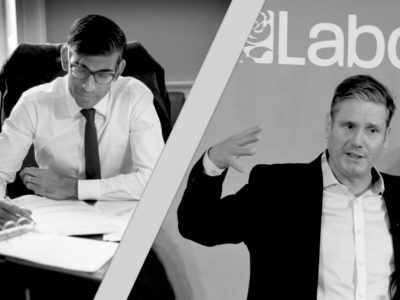
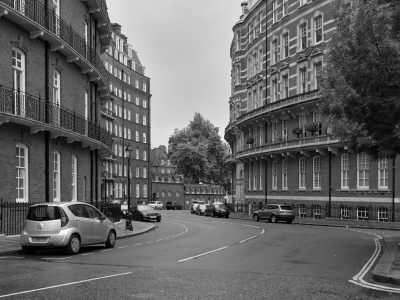


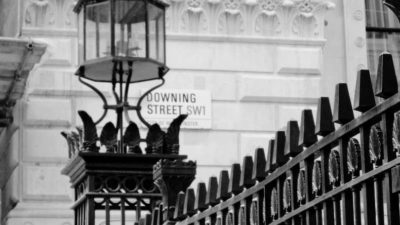
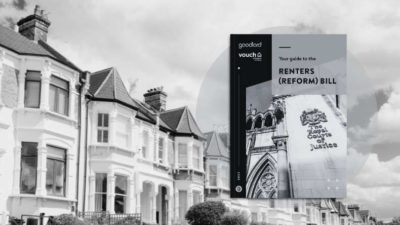





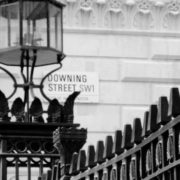
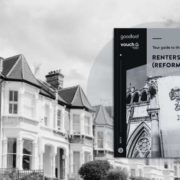




Comments